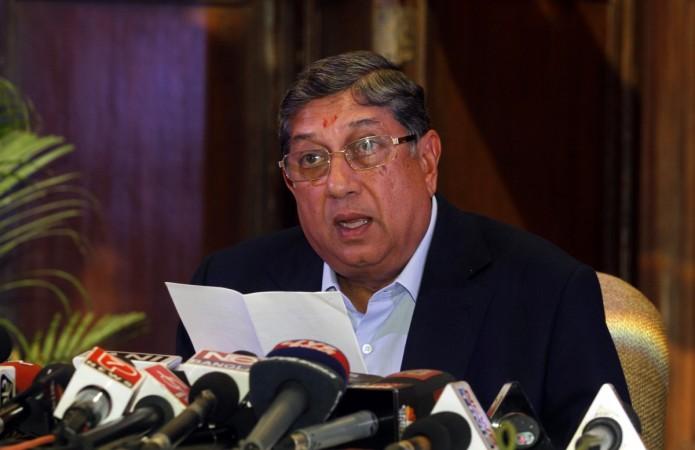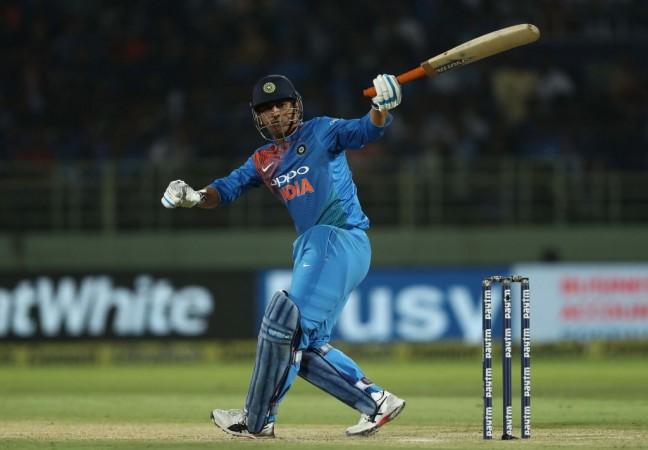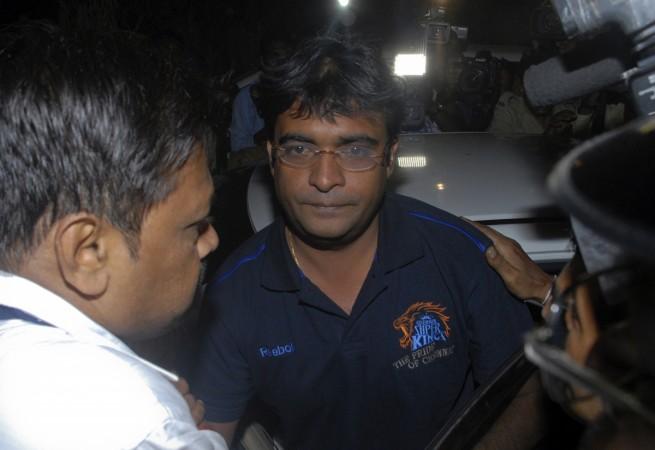
N Srinivasan is back in the thick of affairs as far as the cricket world of India is concerned. His daughter, Rupa Gurunath, has been elected, unopposed, to the position of Tamil Nadu Cricket Association (TNCA) president, around two years after he had to relinquish his position as TNCA chief.
So, as the Srinivasans get back into cricket administration mix, it is worthwhile to remember what a disaster the tenure of N Srinivasan, especially the latter half of it, was. It won't be an exaggeration to say that under his leadership, the behaviour of BCCI was arbitrary, bullish, and inexcusably immoral.
Let's look at some of the most pernicious acts committed by the Srinivasan-led BCCI and how it caused great harm to Indian cricket and, by extension, world cricket.
Turning a blind eye to Dhoni's disastrous captaincy
While Mahendra Singh Dhoni is a man of many virtues, his captaincy of the Test team and the brazen way in which he continued to be backed by N Srinivasan for that role will be a dark spot on his career. After the 2011 World Cup triumph, the Indian Test team faced humiliation after humiliation in the Test arena, yet there were no consequences for it.
The BCCI boss of the time, Srinivasan himself, prevented Dhoni from being sacked by the selection committee (a move whose legal validity is under doubt as the BCCI constitution allows the president a veto only for teams being selected for away tours) and may have played a leading part in getting Mohinder Amarnath, against Dhoni's continuation, out of the panel.

He also gave Dhoni a carte blanche as far as the nature of pitches in India for Test cricket are concerned. The result was the Indian Test side regressing to the 1990s strategy of playing on dust-bowls with three spinners and not preparing a balanced team suited to all conditions.
It's hard to believe that Dhoni being the captain of Chennai Super Kings, a team owned by India Cements – Srinivasan's company – and the then BCCI chief's backing of MSD were mere co-incidences.
Unjustifiably rude behaviour of BCCI
The BCCI has often been criticised for throwing its weight around and bullying other countries in International Cricket Council (ICC). But in the time of Srinivasan, it reached preposterous levels. The BCCI hired commentators like Ravi Shastri and Sunil Gavaskar to parrot their point of view and forced broadcasters to hire them.
In order to justify their obstinate and illogical opposition to DRS, they banned commentators during Indian matches from even mentioning or referring to the review system. To prevent their folly from getting exposed, it disallowed a proper inspection of lbw decisions by umpires through preventing ball-tracking being used for replays of leg-before wicket appeals.
It didn't allow Britain's Sky Sports network to cover the India-England series of 2012 from the ground, most likely because of them not being inclined to follow BCCI's guidelines on avoidance of reference to DRS. It even banned Australian Broadcasting Corporation's (ABC) radio service from covering the India-Australia Test series of 2013 and denied their commentators, including the venerable Jim Maxwell, entry into the stadiums.

The likes of Harsha Bhogle continued to justify all this behaviour by talking about the past injustices done to India by England and Australia when the last two countries were dominating world cricket. This argument went down the sewage drain when the same BCCI got into a tripartite agreement with the same two nations – England and Australia – to establish a permanent hegemony over world cricket and starve poor nations like South Africa and West Indies.
The treatment meted out to the smaller nations was equally odious. Even the most ardent supporter of BCCI would find it hard to justify such behaviour.
IPL crisis
It was also during the time of Srinivasan that BCCI, through its complete lack of interest in probity, allowed unsavoury practices to fester in IPL. All sorts of stories related to shady deals, betting, violations of standard rules came out. Yet, the BCCI defiantly refused to come down heavily and prevented the broadcasters from even mentioning these crises. This head-in-the-sand approach coupled with the involvement of Srinivasan's own family in some of these cases discredited not just IPL, but Indian cricket in general.
(The views and opinions expressed in this article are those of the author and do not reflect those of International Business Times, India)

















